Collaborative Human Capacity Development for Decentralized Renewable Energy Resources
Speakers
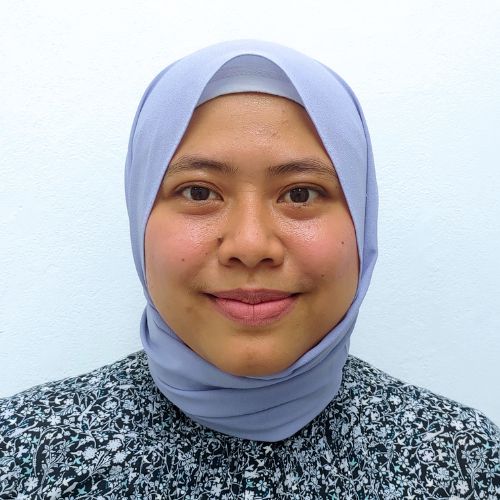
Inez Fitri
IBEKA (an Indonesian NGO)
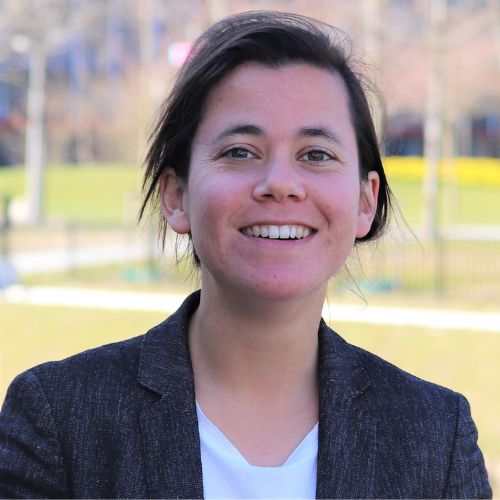
Lindsey Schwidder
Delft Global Initiative, TU Delft
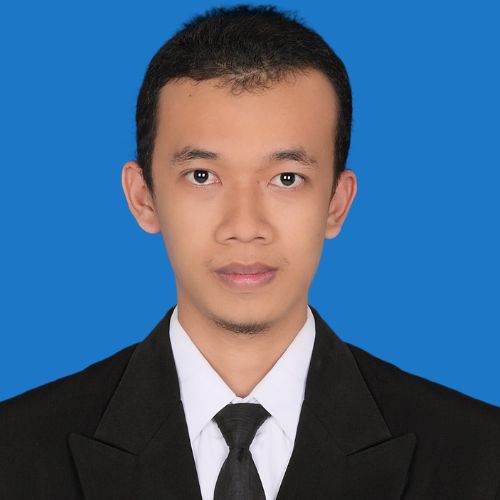
Pramudya Arif Dwijanarko
Akuo Energy (an EPC company in the solar energy sector)
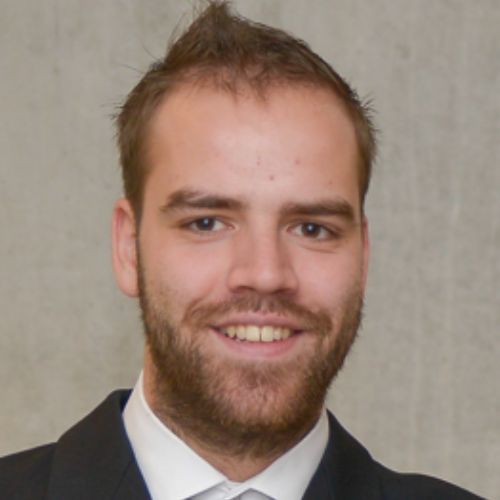
Tom Hartman
Ph.D. candidate at the Power Electronics group (former Telecommunication Engineering group) at the University of Twente, in Enschede
Moderator
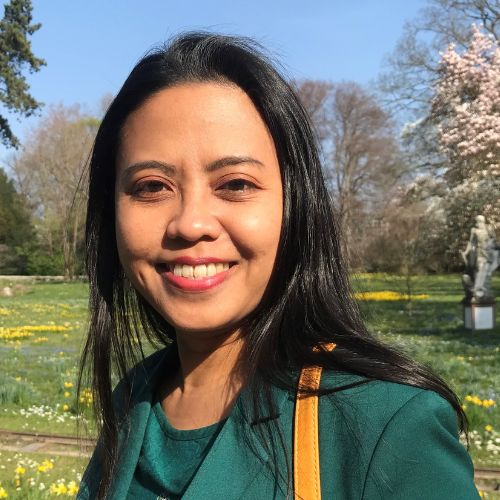
Amalia Suryani
PhD Researcher, University of Twente
Event Details
Time and again we learned that local capacity is an indispensable factor to safeguard the sustainability of distributed renewable energy (RE) facilities in remote rural areas. The sustainability of these sophisticated technologies is in the hands of communities that have limited access to high education.
The experiences from Indonesia showed that training for local operators and technicians helps extend the lifetime of the off-grid energy infrastructure. At the same time, training measures have multiplier effects of improving the number of people learning about technology and its management. However, understanding the different education levels of the locals is critical in ensuring the sustainability of the technology. Training should be adjusted to the local’s education level to maximize knowledge diffusion. Furthermore, convincing local operators that the new technology could improve their welfare is pivotal to preventing them from taking a shortcut whenever an issue is arising: turning off the integrated technology and getting back to the limited combustion generation system.
The Energy Patriot program, initiated by the Indonesian government, is a train-the-trainer program for undergraduates so they can teach the community to operate and manage photovoltaic microgrids and to understand how it impacts the livelihood of the people. Other forms of education, such as student and staff exchanges organized through the Erasmus+ program, capacity-building workshops through the NWO-BRIN funded collaborative ANRGI project, and service learning, offer collaborative and reciprocated learning to broaden the understanding of addressing global challenges.
The panel discussion aims at bridging the initiatives of the Indonesian and Dutch stakeholders (academia, government, NGO, and industry), sharing first-hand field experiences of the problems faced by the remote rural society, and creating opportunities to learn from each other. Such an exchange is critical to understanding the full picture when devising sustainable solutions.
Video Recording



